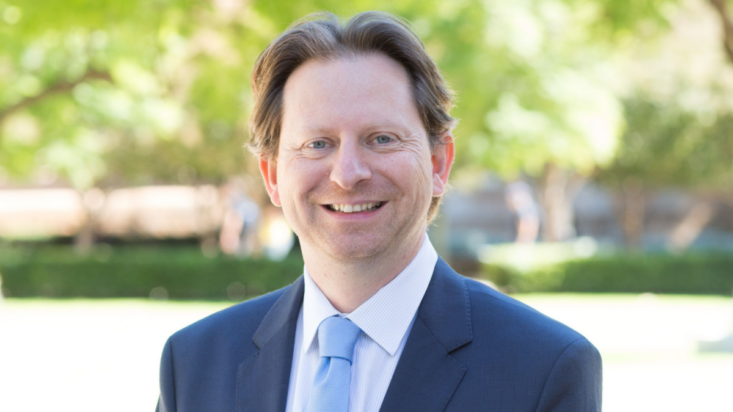$3 million super cap to cost SMSF members up to $80,000 in tax
Up to 50,000 self-managed superannuation fund members could be slugged an additional $80,000 when the government’s plan to double taxation on superannuation balances above $3 million comes into effect, with many of these members likely to have trouble paying the bill.
Using data from more than 722,000 SMSF members for the 2021 and 2022 financial years, The University of Adelaide’s International Centre for Financial Services (ICFS) studied the potential effects of the proposed plan, which has drawn harsh criticism from the SMSF industry.
The research, commissioned by the SMSF Association, applied the government’s proposal to raise the tax on any part of a super balance that exceeds the $3 million cap from 15 per cent to 30 per cent. Of the 50,000 members that would have had to pay a mean additional tax liability exceeding $80,000 in those years, an estimated 13.5 per cent would have experienced liquidity stress in meeting their obligations, it found.
According to University of Adelaide professor Ralf Zurbruegg (pictured), the liquidity stress the additional taxes would cause would be further exacerbated by the inclusion of unrealised capital gains in the government’s proposed earnings measurements.
“Taxing unrealised capital gains is a somewhat radical departure from existing tax policy and extremely rare in OECD pension systems,” Zurbruegg said, referring to the Organisation for Economic Co-operation and Development, consisting of 38 developed market-based democracies.
“There are potentially far broader consequences than those already outlined, and we recommend that the legislators carefully reconsider the implications of this proposal in its current form.”
The report also found the plan to include unrealised capital gains in earnings calculations, a key focus of public criticism of the proposed changes, will likely serve to shortchange the government by decreasing tax revenue. Sticking with a measurement that excludes unrealised capital gains would yield more tax revenue over the medium and long term, as well as alleviate liquidity stress for members in the short term, according to ICFS deputy director George Mihaylov.
“That’s because this new tax will still be levied on capital gains, but only when the underlying assets are eventually sold,” Mihaylov said. “Under normal asset price appreciation over time, the overall tax base will be greater.”
The proposed treatment of unrealised capital gains, as well as carried-forward capital losses, is also problematic in the context of capital markets, which commonly see a sharp bear decline after a run of bull-market years, according to the report. It cited the possibility of a member being cumulatively taxed on investments that make an overall loss, with no way to recover their tax expense.
Under the government’s plan, tax liabilities will be tied directly to the performance of investment markets, making it hard for superannuants to plan investments and manage liquidity, SMSF Association CEO Peter Burgess said. It also makes the proposed tax more unpredictable and inequitable.
“Asset-rich, income-poor SMSF members will find it difficult to cover their additional tax liability, and this problem is likely to worsen over time as unrealised capital gains accrue while tax payments from previous years diminish liquidity,” Burgess said.
A quarter of SMSFs that will be affected by the changes hold property in an SMSF, and that group likely includes many small-business owners and farmers, he added, meaning the new tax will be disruptive for both the SMSF sector and the broader community.











